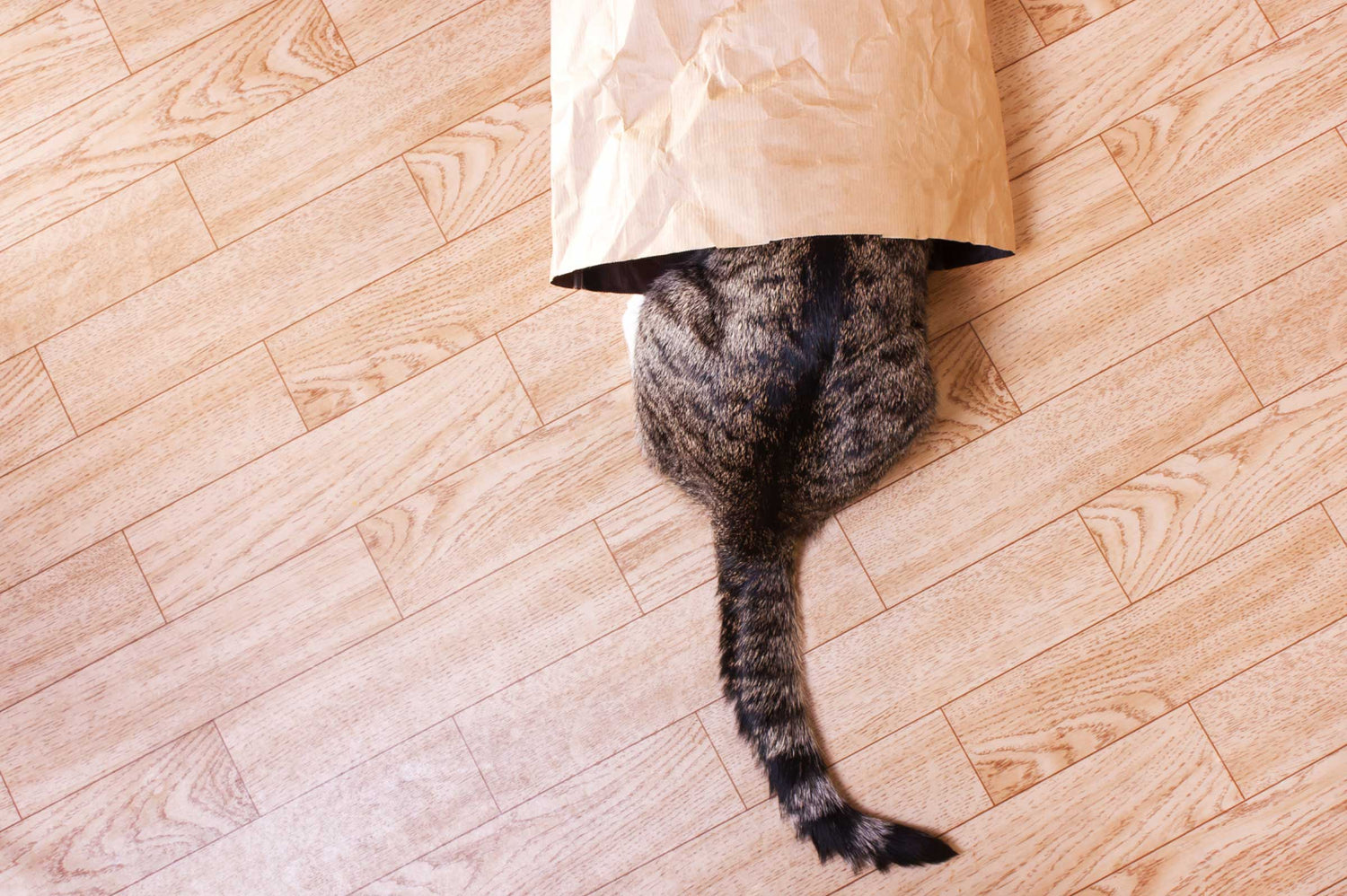Cats are known for their mysterious behaviors, and hiding is one that often puzzles their owners. While it might seem like an act of fear or avoidance, hiding is a natural and essential part of a cat's behavior. Understanding why your cat hides can strengthen your bond and ensure their emotional and physical well-being. From their instinctual roots to environmental factors, this behavior is deeply rooted in their need for safety and comfort.
A cat's need for privacy is influenced by many factors, ranging from their personality to their immediate surroundings. As a responsible pet parent, recognizing these needs and providing a supportive environment can help your cat feel secure and content. By understanding the reasons behind this behavior, you can better cater to their unique needs and foster a more trusting relationship.
Instinctual Behavior Rooted in Survival
Hiding is an instinctive behavior passed down from a cat's wild ancestors. In the wild, seeking secluded spots helped them avoid predators and rest without being exposed to threats. Even though domesticated cats no longer face the same dangers, this behavior remains ingrained in their DNA.
When your cat hides, it may simply be fulfilling this ancient instinct. Places like under the bed or inside a closet offer the seclusion they naturally seek. Providing designated safe spaces for them can help satisfy this need while ensuring they remain comfortable and stress-free in their home environment.
Adapting to New Environments and Changes
Changes in a cat's surroundings can prompt them to retreat into hiding. Moving to a new home, introducing a new pet, or even rearranging furniture can make them feel unsettled. In these moments, they might seek out quiet spaces where they can process the changes at their own pace.
Respecting your cat's choice to hide during transitions is essential for their emotional well-being. Gradually reintroducing them to the altered environment and maintaining routines can help them regain confidence and feel secure again.
Coping with Stress or Illness
Stress is a common reason cats retreat to hidden corners. Loud noises, unfamiliar visitors, or sudden disruptions can leave them seeking refuge. However, hiding can sometimes indicate illness or discomfort. Cats often conceal pain as a survival mechanism, making it important to monitor their behavior closely.
If your cat hides excessively or displays other unusual behaviors, consulting with a veterinarian is wise. Addressing potential health concerns early ensures they remain happy and healthy while reducing unnecessary stress in their lives.
Personality and Individual Preferences
Just as humans have varying personalities, so do cats. Some are naturally outgoing, while others lean towards shyness and introversion. Cats with more reserved personalities may hide frequently as part of their normal behavior, finding comfort in solitude.
Acknowledging your cat's individual traits and respecting their preferences can help them feel valued and secure. Encouraging them to interact without forcing them out of their comfort zone allows trust to develop naturally over time.
Creating a Safe and Comfortable Home
Providing a home that caters to your cat's need for privacy can greatly improve their overall happiness. Offering cozy hiding spots, such as cat tunnels or soft beds in secluded areas, lets them retreat when needed. Ensuring their environment feels safe and free from excessive noise or stress also encourages positive behaviors.
Balancing their need for privacy with opportunities for interaction helps create a harmonious relationship. Engaging them in playtime or bonding activities when they feel secure reinforces your connection and builds their confidence in the home.
Conclusion
Understanding why your cat hides sheds light on their natural instincts and individual preferences. By respecting their need for privacy, offering safe spaces, and paying attention to changes in behavior, you can provide a supportive environment where they thrive. Whether they are seeking solitude, adapting to changes, or signaling discomfort, recognizing these behaviors is key to their well-being.
To further support your cat's overall health, consider VetSmart Formulas supplements. These specially formulated products promote vitality and comfort, ensuring your feline companion stays happy and healthy. Provide the care they deserve by incorporating VetSmart Formulas into their routine today.











